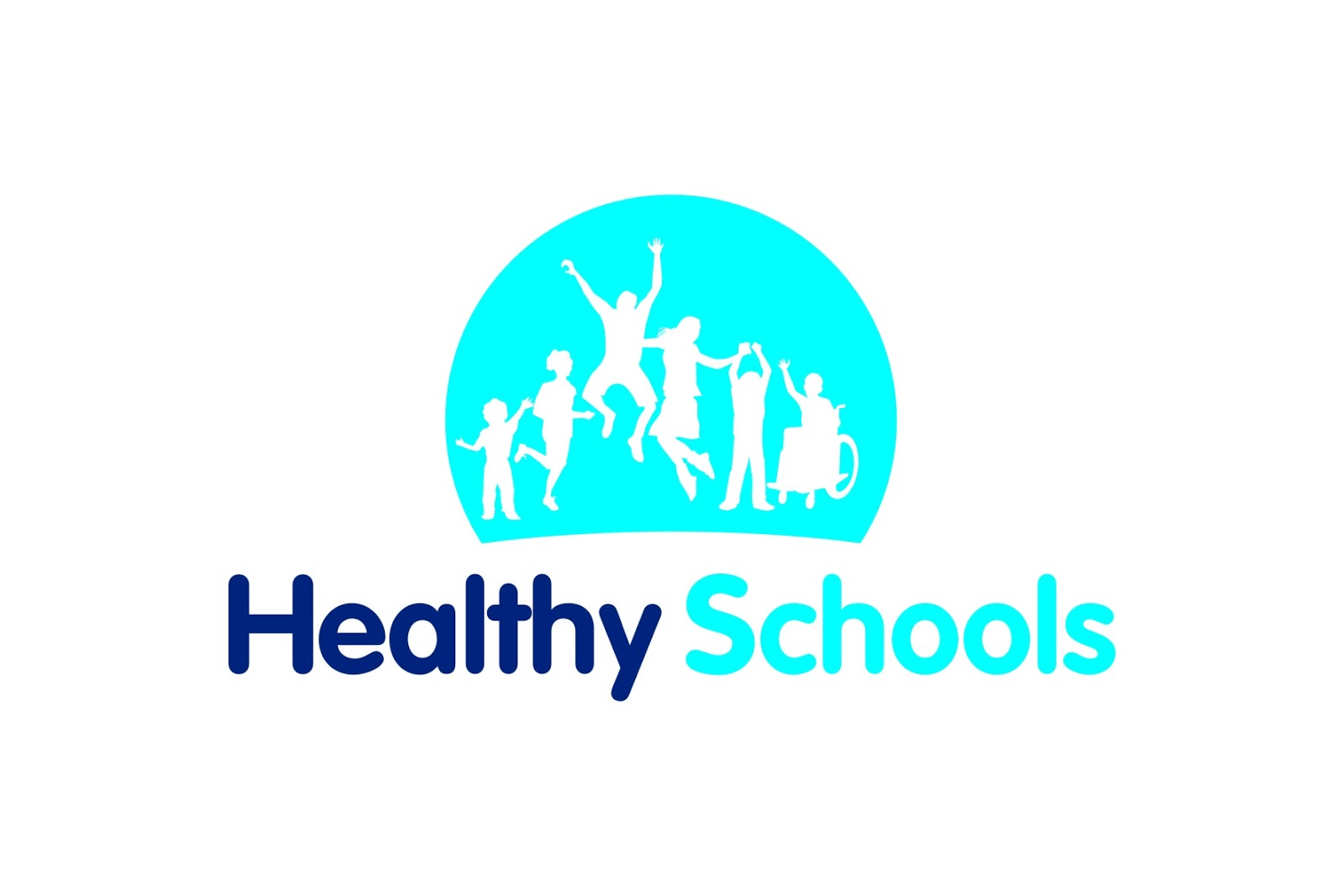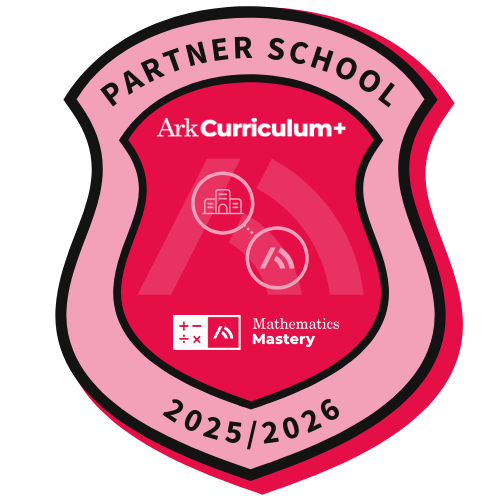
At Sinai, we recognise that computing is not just a subject but an integral element of everyday life, one that will play an immeasurable role in shaping our children’s futures. Our vision is to equip each child to become a responsible, confident and creative communicator, adept at utilizing a wide range of programs and devices.
Central to our mission is the imperative of digital safety. We are committed to ensuring that all our students not only harness the power of the Internet but also understand how to use it in a safe and respectful manner. They will be well-versed in necessary precautions, knowing where, when and how to seek assistance if needed.
To prepare Sinai children for the challenges of a rapidly evolving and ever-changing technological landscape, we provide them with the confidence and skills to apply their knowledge across various platforms. Our approach to teaching ICT extends and enriches their learning across the entire curriculum. It also fosters resilience and problem-solving skills, underpinned by a deep understanding of computer science. Here, students design, build, and analyse programs, acquiring a foundation that will serve them well as they navigate the dynamic world of technology.
Ultimately, our commitment is not just to teach ICT as a subject but to empower our children with the digital literacy and computational thinking that will enable them to excel in an increasingly tech-driven world.






.jpeg)
.jpg)


.jpg)
